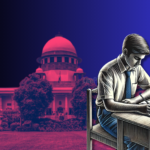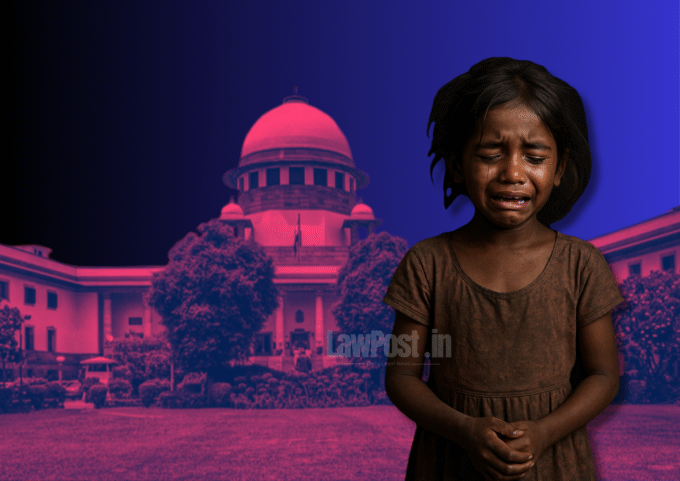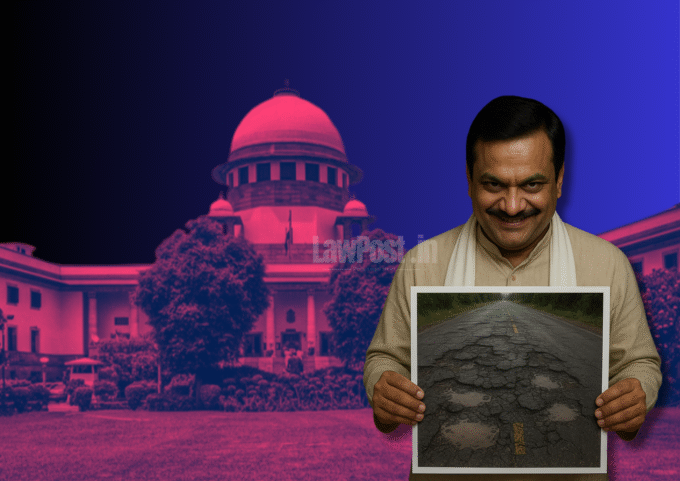In a stern move to address worsening air pollution in Delhi, the Supreme Court on November 25 directed the Commission for Air Quality Management (CAQM) to initiate prosecution under Section 14 of the CAQM Act against officials who failed to enforce the ban on truck and light commercial vehicle (LCV) entry into the city. This ban, part of the Graded Response Action Plan (GRAP-IV), was aimed at curbing pollution levels in the national capital.
The Court, comprising Justice AS Oka and Justice AG Masih, sharply criticized authorities for their negligence in enforcing the ban. “It is apparent that the authorities… have made no earnest effort to implement the action,” the bench observed, highlighting that police personnel stationed at several entry points lacked clear instructions and that many check posts were unmanned.
The CAQM had previously imposed measures under GRAP-IV, including a prohibition on truck and LCV entry, which is deemed critical in reducing Delhi’s air pollution levels. However, the Court was informed that, despite the ban’s implementation on November 18, many of the checkpoints remained inadequately staffed, with some trucks reportedly entering the city without being stopped.
Justice Oka expressed frustration with the situation: “Why only at 23? This is negligence that it was done only in 23 points. We will direct Commission to prosecute Commissioner of Delhi Police under Section 14 CAQM Act.” The Court also pointed out that the failure to deploy officers at all entry points and the lack of clarity in orders contributed to the problem, further emphasizing that authorities had not taken adequate steps to inform the public about the restrictions.
The Court additionally emphasized that any relaxation in the pollution control measures under GRAP-IV would only be considered if there is a consistent improvement in the Air Quality Index (AQI). “Unless the court is satisfied that there is a consistent downward trend of AQI, we cannot permit the Commission to go down to stage 3 or stage 2,” Justice Oka remarked.
In response to the adverse effects of the construction ban on laborers, the Court also ordered the immediate release of labor cess funds for workers affected by the suspension of construction activities, directing all states to use the funds to provide subsistence allowances.
The Court concluded by directing the CAQM to take immediate action under Section 12(1) of the CAQM Act to mitigate the suffering of daily workers and others impacted by the ongoing measures.
As Delhi’s AQI remains critically high, fluctuating between 318-419 from November 20-24, the Court will reconvene to evaluate the situation, with the CAQM directed to provide updated data on the air quality for further assessment of GRAP-IV measures.








